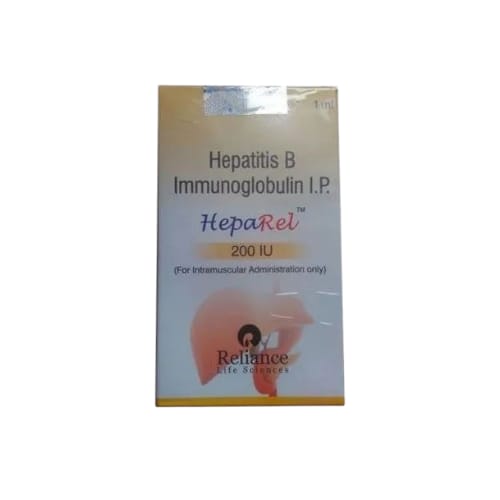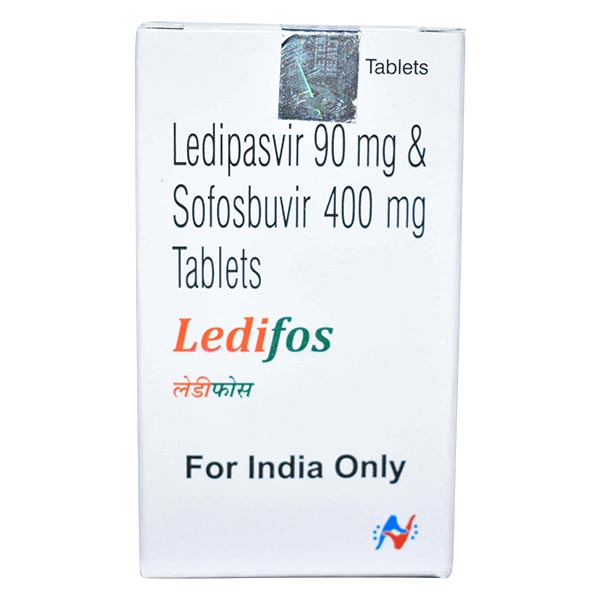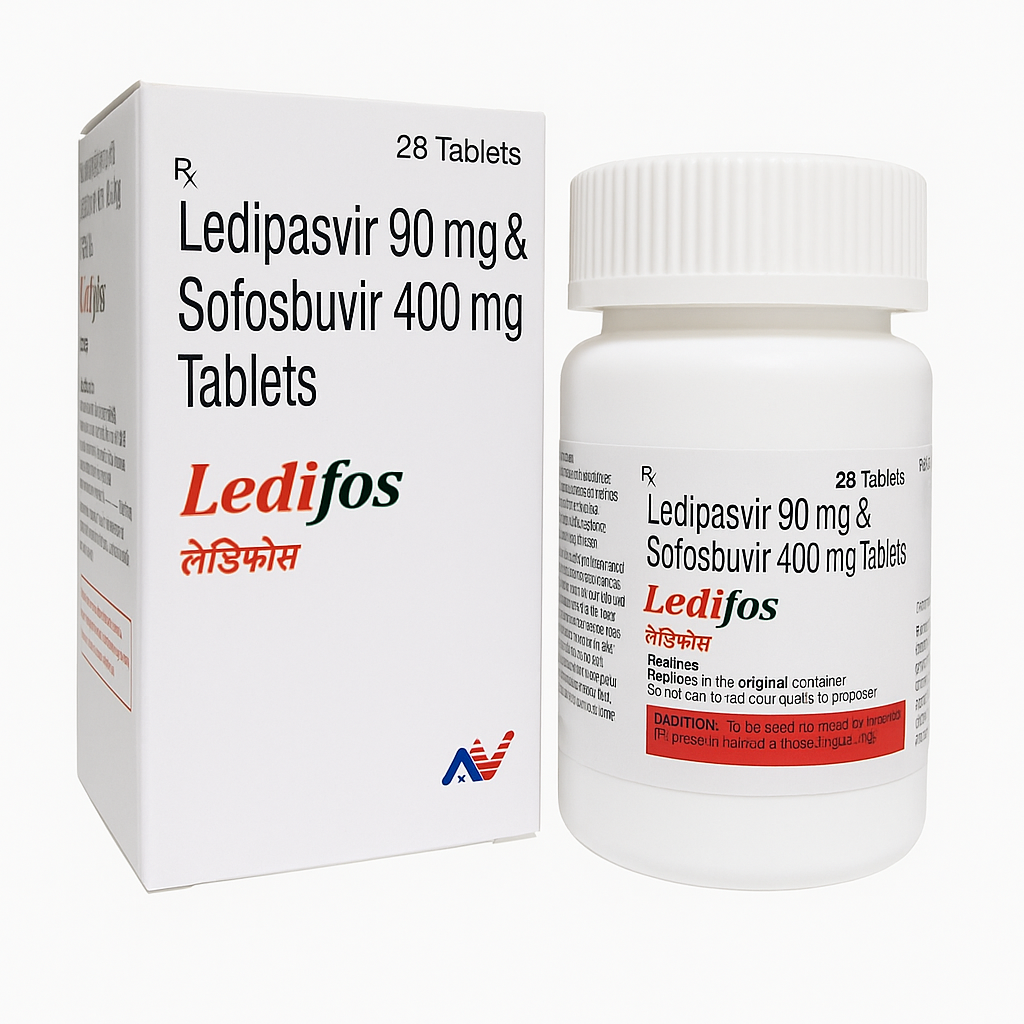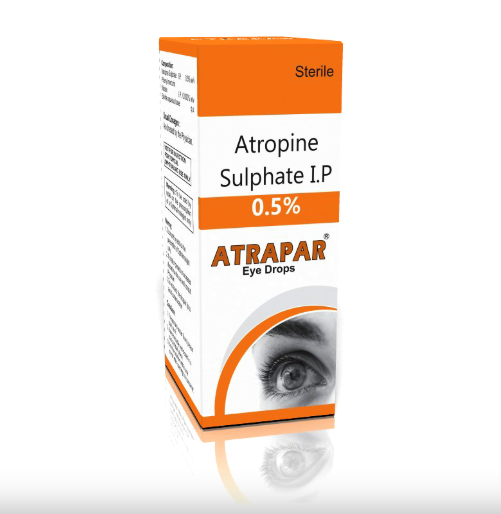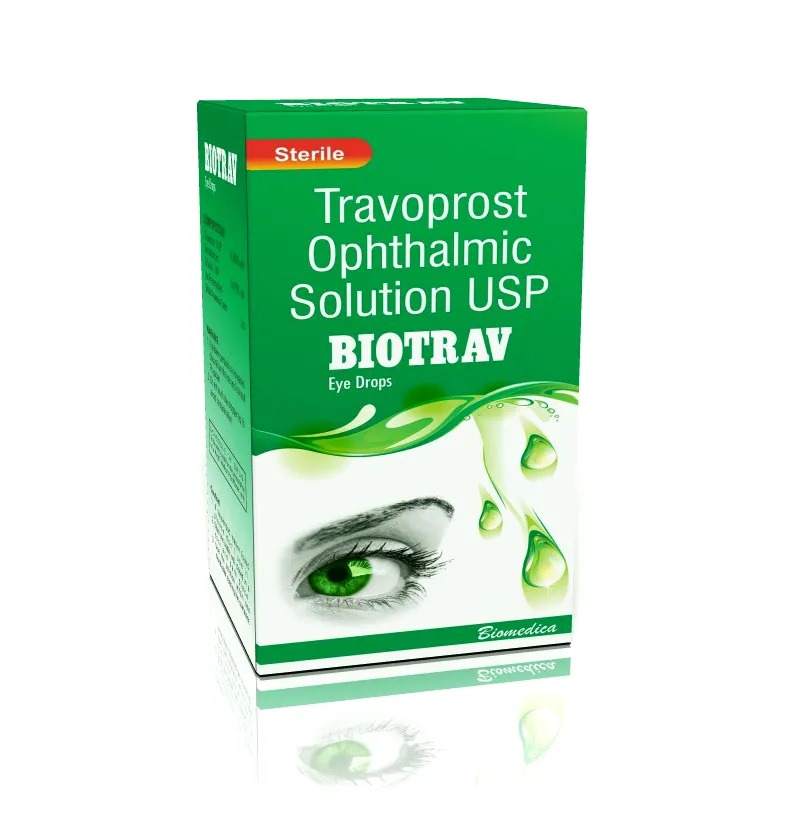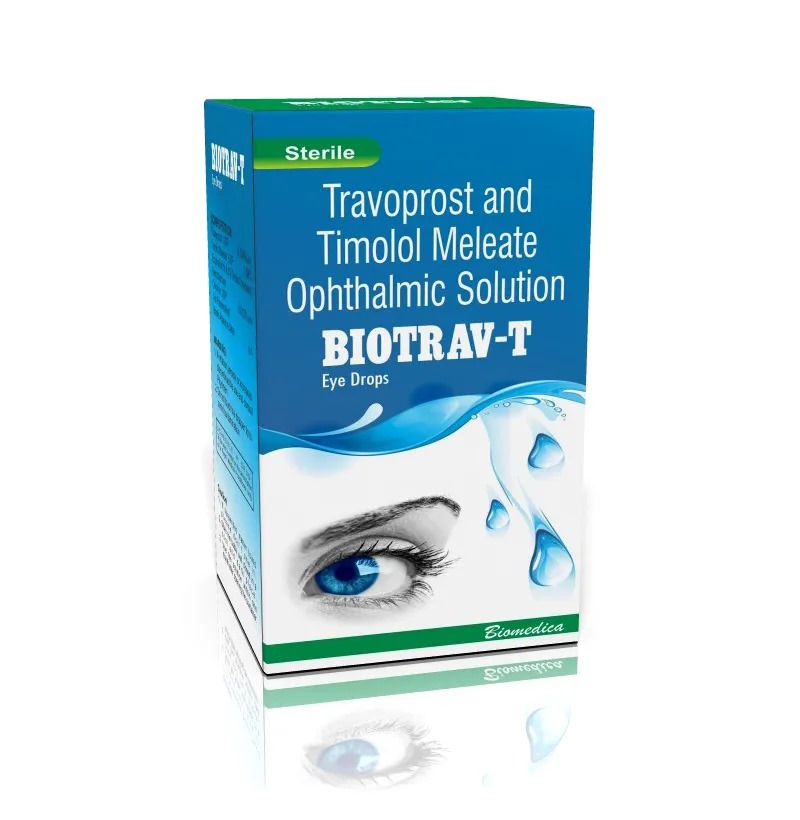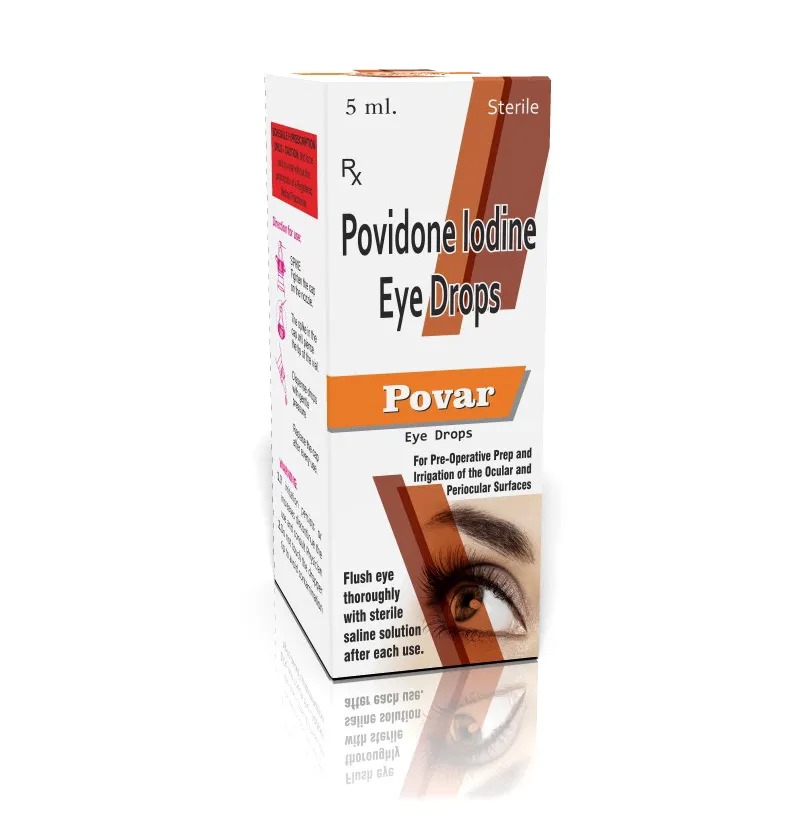Hepatitis Medicine
Introduction to Ledifos Tablet
Ledifos Tablet is a medicine that contains the active substances ledipasvir and sofosbuvir. It is indicated to treat chronic (long-term) hepatitis C virus infection in adults and children three years of age and older. Hepatitis C is a virus that mainly infects the liver. It is mainly triggered by a virus named Flavivirus. Most patients remain asymptomatic, and the symptoms show up only when they develop chronic liver disease or cirrhosis. The progression of liver disease is faster in people who consume alcohol and those with a weak immune system. The main treatment goal for Hepatitis C infection is complete eradication of the virus causing this infection.
This drug is contraindicated for individuals with decompensated cirrhosis or severe liver disease. In such cases, alternative treatment options should be considered. This drug should not be used if you have any known allergy or hypersensitivity to Ledifos Tablet or other ingredients in the medication. Your liver function may change with the treatment of hepatitis C and, therefore, affect other medications (e.g., medicines used to suppress your immune system, etc.). Your doctor may need to monitor your other medicines and make dose adjustments closely. If you have liver disease other than hepatitis C, are awaiting a liver transplant, have a current or previous infection with the hepatitis B virus (HBV), or receive ongoing treatment for HIV infection. It's important to inform your doctor. They will consider these conditions before starting treatment.
Talk to your doctor immediately before taking this drug if you have diabetes. You may need closer monitoring of your blood glucose levels or adjustment of your diabetes medication after starting this drug. Some diabetic patients have experienced low sugar levels in the blood (hypoglycemia) after starting treatment with medicines like Ledifos Tablet. The doctor will test your blood before, during, and after your treatment with this medicine. So that your doctor can confirm that your treatment has worked and you are free of the hepatitis C virus, do not breastfeed during treatment with this tablet. It is unknown whether this drug passes into human breast milk. Consult your doctor if you are breastfeeding. Do not give this tablet to children under three years of age. The use of this drug has not yet been studied. This tablet can interact with certain medications, potentially affecting their efficacy or increasing the risk of side effects. It's necessary to inform your doctor about all your medications, including prescription, over-the-counter, and herbal supplements, to ensure no potential interactions.
Uses of Ledifos Tablet
Chronic Hepatitis C virus infection.
Therapeutic Effects of Ledifos Tablet
The active substances in the Ledifos Tablet work together by blocking two different proteins that the virus needs to grow and reproduce itself, allowing the infection to be permanently eliminated from the body
Interaction of Ledifos Tablet with other drugs
Inform your doctor about all your medicines, including prescription, over-the-counter, nutritional or vitamin supplements, and herbal products. Certain medications, including rifampicin, rifabutin, St. John's wort, carbamazepine, phenobarbital, phenytoin, and rosuvastatin, may interact with Ledifos Tablet reducing effectiveness by causing undesirable side effects.
More Information about Ledifos Tablet
Store the Ledifos Tablet at a controlled room temperature of (30°C).
Keep it out of reach of children.
How to consume Ledifos Tablet
It is an orally available prescription drug. Your doctor will decide the dose and duration of Ledifos Tablet based on the disease condition and other factors. Always take this medicine as prescribed by your doctor. Take the tablet with or without food. Do not break, chew, or crush the tablet. Swallow the whole tablet with water.
Safety Advices for Ledifos Tablet
Image Not Available Pregnancy
The effects of this tablet during pregnancy are not known. If you are pregnant or plan to have a baby, consult your doctor before taking Ledifos Tablet.
Image Not Available Breast Feeding
Do not breastfeed during treatment with Ledifos Tablet. It is unknown whether this drug passes into human breast milk. Consult your doctor if you are breastfeeding.
Image Not Available Lungs
Patients with pre-existing lung disease should consult a healthcare provider before taking Ledifos Tablet.
Image Not Available Liver
Ledifos Tablet should be cautiously administered in patients with liver diseases. Dose adjustments are necessary. However, inform your physician of any liver diseases before initiating the therapy.
Image Not Available Alcohol
It is unknown whether alcohol may interact with Ledifos Tablet. Inform your physician if you drink alcoholic beverages.
I
Send
Message
